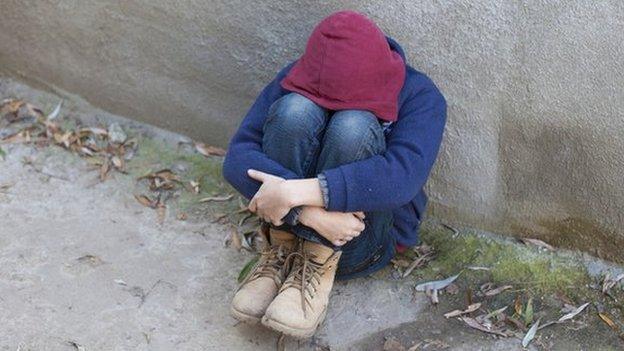Seven child sex offences a day reported to Police Scotland
- Published
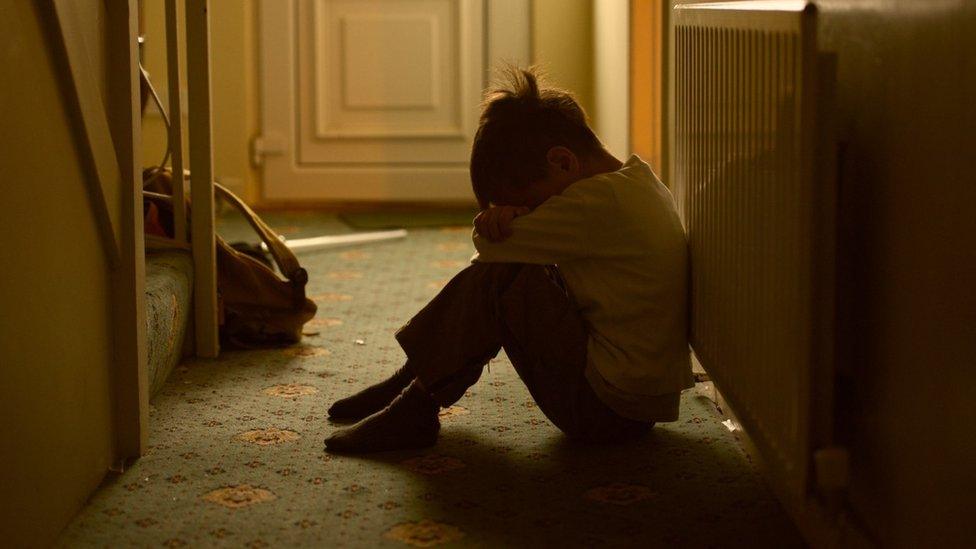
The number of sexual offences against children reported to police across Scotland reached almost 2,500 last year, according to new figures.
NSPCC obtained the statistics through Freedom of Information (FoI) requests.
They include cases of rape, sexual assault, sexual activity and communicating indecently.
The charity warned the number - which equates to seven a day - might only be "a fraction of the true amount" as many others could be afraid to speak up.
The charity sent FoI requests to police forces across the UK covering the period April 2014 until March 2015.
They have no comparative figures for pervious years.
The statistics they received showed that a total of 2,483 offences were reported to Police Scotland, with those recorded against girls being significantly higher than that of boys.
There were 323 sex assaults of females aged between 13-15 compared with 35 for males of the same age.
'Anxious, depressed and suicidal'
Matt Forde, the charity's head of service in Scotland, said: "The reality that right now seven children are being abused every day is an appalling one and shows that there is a desperate need to support children who have suffered from sexual abuse.
"For too many children, our court system adds further trauma to their earlier experiences of abuse. We welcome proposals to reform our legal system to better support child witnesses in Scotland.
"We would urge the government to replicate Scandinavian models as part of this reform, to free children from further suffering and allow the therapeutic support they need to begin more quickly."
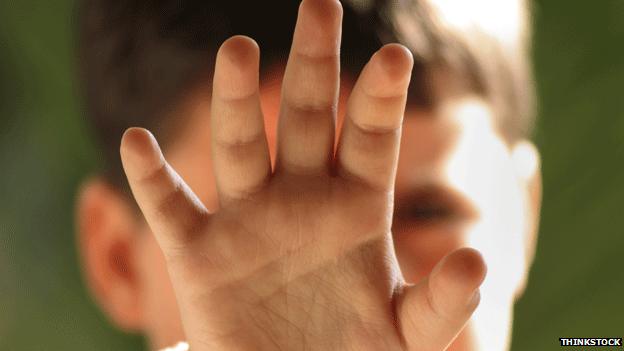
Throughout the UK, the total reported child sex offences for 2014/15 was 45,456 - the equivalent of more than 124 per day, or more than five per hour.
The charity has launched a campaign, called It's Time, urging the government to increase funding and to ring-fence money for support services for children who have been abused.
Mr Forde added: "Sexual abuse can shatter a child's mental health. It can leave them anxious, depressed and even suicidal.
"That is why it is crucial every single child who has endured abuse and needs support must get timely, thorough help so they can rebuild their lives."
'True extent unknown'
Det Ch Supt Lesley Boal, Police Scotland's lead for public protection, said there had been an increase in reporting sexual offences.
"Alongside the ongoing efforts to tackle abuse, new threats are emerging which require different responses, threats like child sexual exploitation and online child sexual abuse," she said.
"Police Scotland has seen a significant increase in non-recent reporting, with around 40% of recorded child sexual offences being non-recent.
"We are aware that many children, for a whole host of reasons, may not initially disclose they have been abused and the true extent of child sexual abuse taking place in Scotland now is unknown."
She added: "Police Scotland supports the excellent work of the NSPCC. We are aware of the Norwegian barnehus model and similar models in other countries, such as young witness advocacy centres in England.
"We would support the development of a child-centred Scottish model that would meet the needs of children in all communities across the country and we are fully involved with the ongoing evidence and procedure review in Scotland which is considering children and vulnerable witnesses."
'More convictions'
A Scottish government spokeswoman said: "There are now more measures in place than ever before to protect children, including Keeping Children Safe, a nationwide sex offender disclosure scheme which enables parents, carers and guardians to find out whether people who have access to their children have convictions for child sex offences.
"This government is committed to tackling offences against children and it is extremely encouraging to see recent figures which show more convictions for those who sexually abuse and harm children.
"An increase in the number of victims coming forward and a more consistent investigation and prosecution approach to sexual offences are all potential factors behind this rise."
- Published28 January 2016

- Published17 June 2015
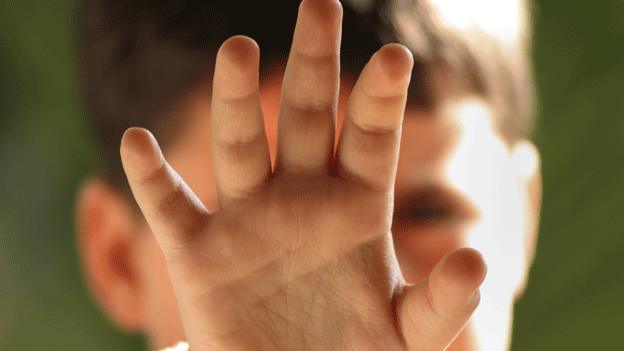
- Published17 June 2015
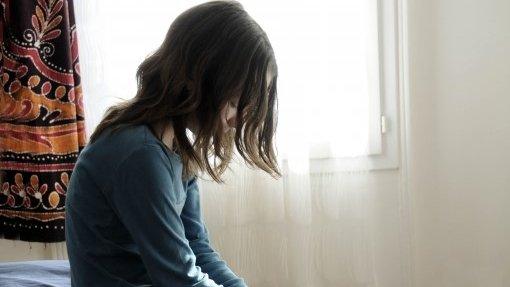
- Published20 April 2015
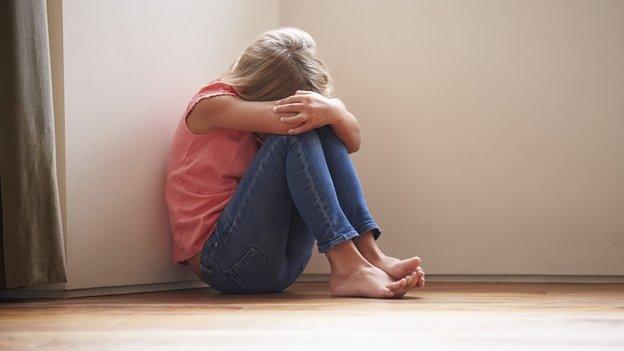
- Published26 November 2014
